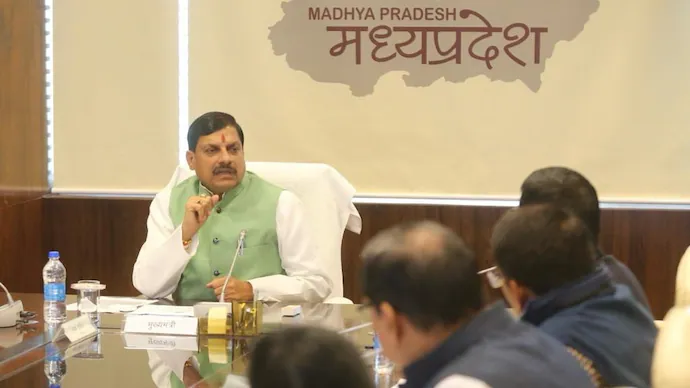In a significant decision on Tuesday, the Madhya Pradesh Cabinet, under the leadership of Chief Minister Mohan Yadav, voted to abolish a longstanding provision that exempted state ministers from paying income tax on their salaries and allowances. This move overturned a rule dating back to 1972, which had mandated the state government to bear these tax liabilities.
Urban Administration Minister Kailash Vijayvargiya disclosed that the proposal originated from Chief Minister Yadav during the Cabinet meeting. “The Chief Minister suggested that ministers should personally cover their income taxes on allowances, rather than burdening the state coffers with these expenses. The Cabinet unanimously decided to eliminate the provision that allowed the state to fund these taxes,” Vijayvargiya stated.
Under section 9K of the Madhya Pradesh Ministers (Salary and Allowances) Act, ministers, ministers of state, deputy ministers, and parliamentary secretaries were previously exempt from income tax on their allowances and certain perquisites. The state government bore these taxes at the highest rate applicable to these officials.
Explaining the rationale behind the original law, finance department officials noted it aimed to alleviate tax burdens on ministers hailing from economically disadvantaged backgrounds. However, the recent decision to revoke this provision is expected to yield direct financial savings for the state, enabling more efficient allocation of resources towards developmental projects and public services.
This decision aligns Madhya Pradesh with other states like Uttar Pradesh, which revised its laws in 2019 to mandate ministers to pay their own income tax, and Himachal Pradesh, which followed suit in 2022 for ministers and MLAs. These reforms across states reflect a broader trend towards fiscal responsibility and equitable distribution of financial burdens among public officials.
The move in Madhya Pradesh underscores Chief Minister Yadav’s commitment to fiscal prudence and accountability, aiming to optimise state expenditures amidst evolving economic challenges.



















Comments